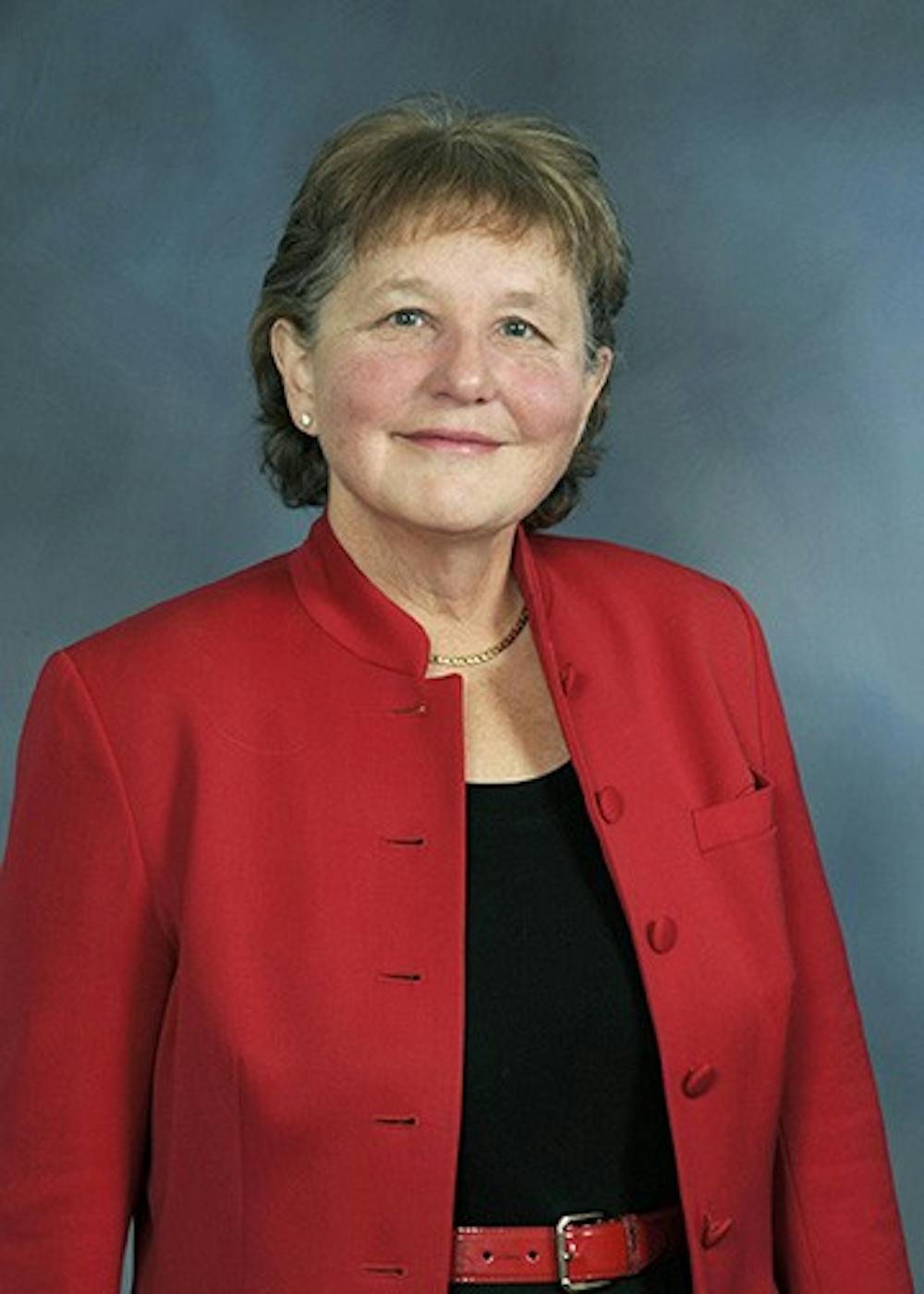Many Shippensburg University professors were recognized for their academic accomplishments and hard work. From Pennsylvania to Japan, people have heard or will here lectures and research from some of SU’s best and brightest faculty members.
Matthew Shupp, an assistant professor for the department of counseling, was a keynote speaker at Pennsylvania State University(Penn State) Brandywine’s annual Student Leadership Awards Banquet on April 21. At the event, Shupp read “The Pink Refrigerator,” a children’s story that depicts a little mouse, who owns a thrift store. The mouse goes to a junkyard and finds a pink refrigerator, where he discovers many inspirational notes. Shupp discussed these life lessons with the audience, who he wanted to recognize that leadership skills learned on campus can be used outside of the university.
Shupp used to work at Penn State for five years as the director of student affairs. He believes his history with Penn State is one reason why they chose him to be a speaker, but the main reason is his passion for working with student leaders. Shupp said that he finds it important to be engaged with other students outside of SU, because it shows that SU is also engaged and successful.
“Faculty engagement is important regardless of where you work,” Shupp said.
The SU name is seen everywhere when faculty members wear their nametags to major events, like the Brandywine’s banquet and Chicago’s American Educational Research Association (AERA).
Assistant professor of teacher education Christopher Keyes presented his research at AERA, the primary educational research association in the country. He discussed his findings and research methodologies from his paper, “Collaborative Translation: Designing Bilingual Support.”
Keyes wanted to find methods to help English language learners continue to use their first language and find value in it. One way Keyes helped students was by putting Spanish students into small groups and having them translate text from Spanish to English and back to Spanish. What he found was that many students became more engaged and began to have debates about the meanings, themes and characters of the text they read.
Keyes also noticed improvements in reading comprehension. He also found that English language learners value their first language as research. Keyes’ research helps teachers have a better understanding of literacy abilities.
“I want the audience to know how this method is particularly enlightening to help second language learners,” Keyes said.
Keyes believes participating in events like this raises visibility and represents SU, where interesting things happen. Going outside of SU campus also gives credibility to the presenter and can even bring grants to the university. Keyes said this gives him an opportunity to make connections with others who do the same work, resulting in a lot of things being brought back to the classroom.
Associate professor of mathematics Luis Melara also traveled to present his research. Melara gave two invited talks at James Madison University on March 2. His first talk was from the Math Seminar series, titled “Optimization and some applications.” His second talk was a college-wide talk, titled “An Introduction to Math Biology: From College Algebra to Differential Equations.”
Professor of management Wendy S. Becker was inducted as a fellow in the Society of Industrial-Organizational Psychology on April 23. Becker received documentation from six current fellows, a nominator and a vote by the Fellowship committee. Fewer than 5 percent of psychologists are awarded fellow status. She was recognized for her contributions to research and professional service.
Professor of art and design Steve Dolbin was also recognized, internationally. Some of his work were selected for “ArtVenice Biennale3,” an international art exhibit in Venice, Italy. Two of Dolbin’s sculptures will presented by University of Kansas professor emeritus Elizabeth Schultz in her presentation “The Art of Moby-Dick” during the 10th International Melville Conference at Keio University in Tokyo, Japan.




The Slate welcomes thoughtful discussion on all of our stories, but please keep comments civil and on-topic. Read our full guidelines here.